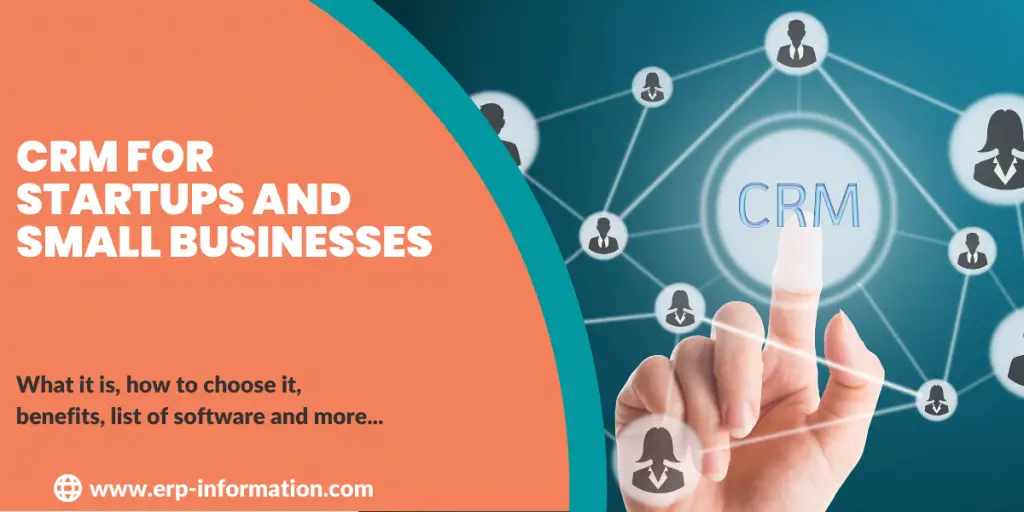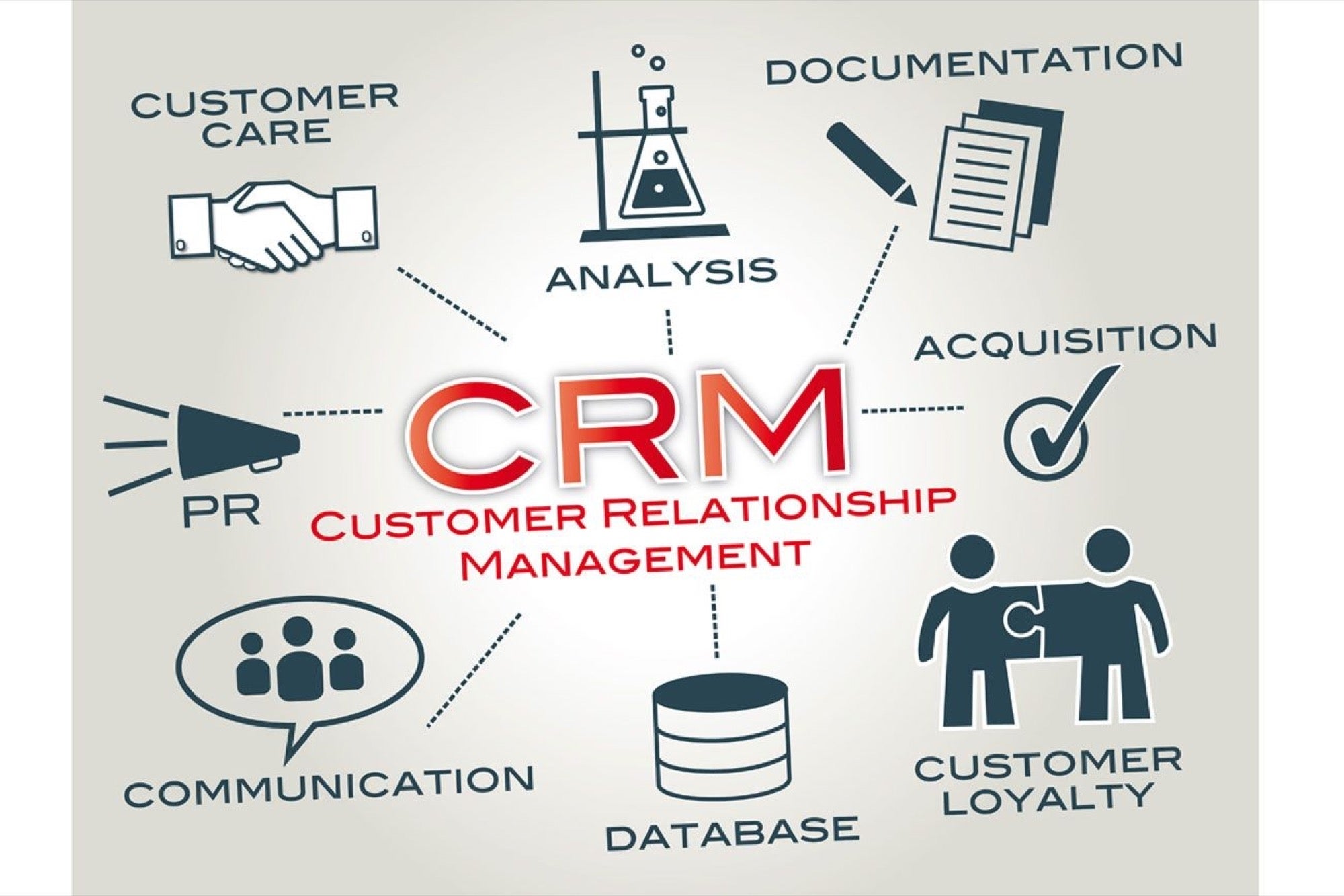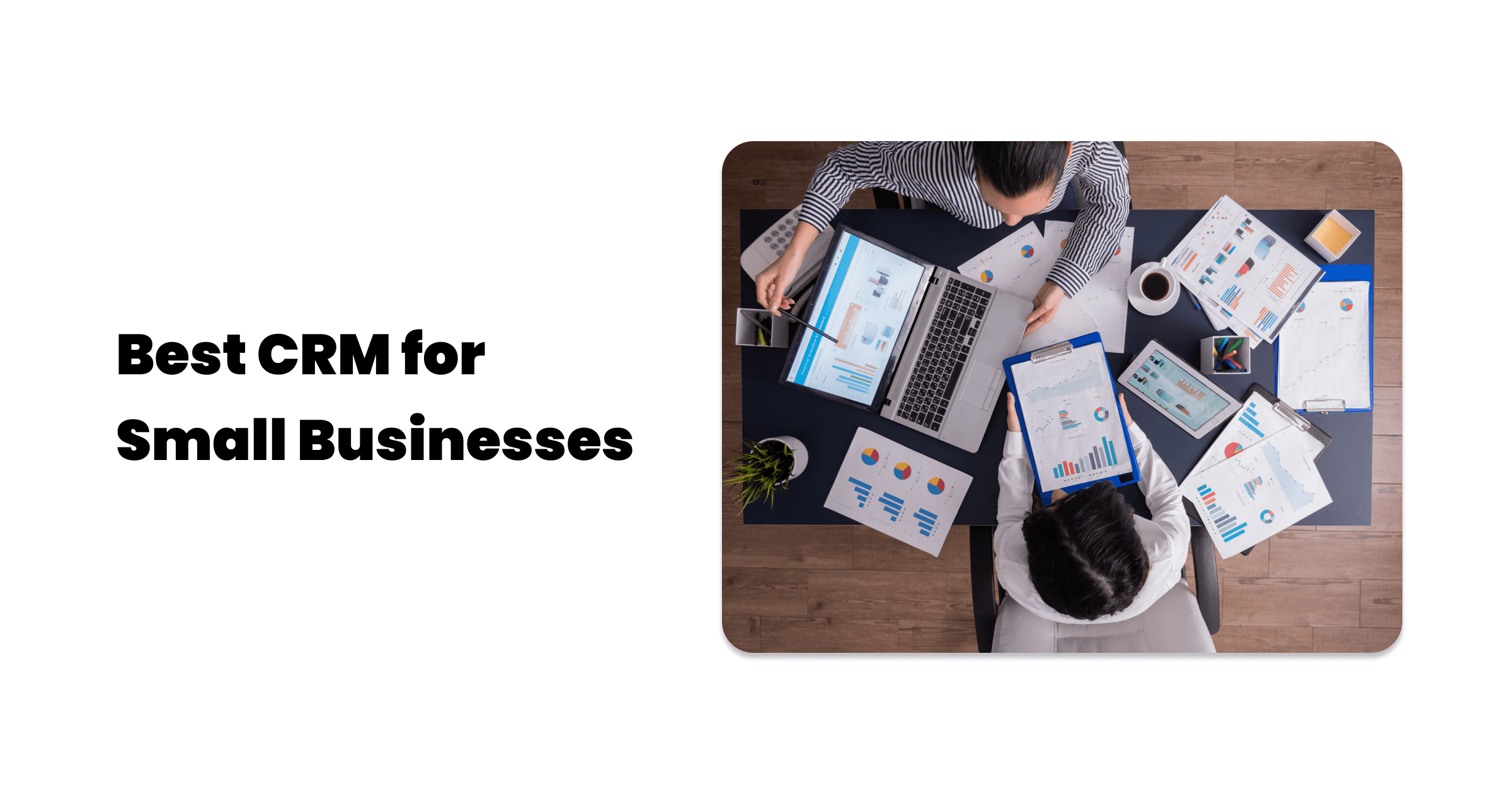Unlock Growth: The Ultimate Guide to Small Business CRM Tools in 2024
Running a small business is a rollercoaster. One minute you’re celebrating a new client, the next you’re scrambling to keep track of everything. From leads and prospects to customer interactions and sales, it’s a lot to juggle. That’s where a Customer Relationship Management (CRM) tool swoops in to save the day. But with a sea of options out there, finding the right one can feel overwhelming. This guide is designed to be your compass, navigating you through the world of small business CRM tools, helping you choose the perfect solution to fuel your growth in 2024 and beyond.
What is a CRM and Why Does Your Small Business Need One?
Let’s start with the basics. CRM stands for Customer Relationship Management. At its core, a CRM is a system that helps you manage your interactions with current and potential customers. Think of it as a centralized hub for all your customer-related data. It’s more than just a contact list; it’s a powerful tool that can transform how you run your business.
Here’s why a CRM is essential for small businesses:
- Improved Organization: Say goodbye to scattered spreadsheets and sticky notes. A CRM organizes all your customer information in one place, making it easy to find what you need, when you need it.
- Enhanced Customer Relationships: By understanding your customers better, you can personalize your interactions, provide better service, and build stronger relationships.
- Increased Sales: CRM tools help you track leads, manage your sales pipeline, and close deals more efficiently.
- Boosted Productivity: Automate repetitive tasks, freeing up your time to focus on what matters most – growing your business.
- Data-Driven Decisions: Gain valuable insights into your customers and sales processes, allowing you to make informed decisions.
In essence, a CRM empowers you to work smarter, not harder, leading to increased efficiency, improved customer satisfaction, and ultimately, more revenue. Without a CRM, you’re essentially navigating your business blindfolded, missing out on valuable opportunities and potentially losing customers to competitors who are already leveraging these powerful tools.
Key Features to Look for in a Small Business CRM
Not all CRM tools are created equal. The best CRM for your small business will depend on your specific needs and goals. However, there are some essential features that every small business should consider:
- Contact Management: This is the foundation of any CRM. It should allow you to store and organize contact information, including names, email addresses, phone numbers, and any other relevant details.
- Lead Management: Track leads from initial contact to conversion. This includes features like lead scoring, lead nurturing, and pipeline management.
- Sales Automation: Automate repetitive sales tasks, such as sending follow-up emails, scheduling appointments, and creating sales reports.
- Marketing Automation: Integrate with your marketing efforts to automate email campaigns, personalize communications, and track marketing ROI.
- Reporting and Analytics: Generate reports on sales performance, customer behavior, and other key metrics to gain insights and make data-driven decisions.
- Integration: Seamlessly integrate with other tools you use, such as email marketing platforms, accounting software, and social media.
- Mobile Access: Access your CRM on the go with a mobile app, allowing you to stay connected with your customers and manage your business from anywhere.
- Ease of Use: The CRM should be user-friendly and intuitive, with a simple interface that makes it easy for your team to adopt and use.
- Customization: The ability to customize the CRM to fit your specific business needs and workflows.
- Scalability: As your business grows, your CRM should be able to scale with you, accommodating increasing amounts of data and users.
Prioritizing these core features will ensure you choose a CRM that can effectively manage your customer relationships, streamline your sales processes, and drive business growth.
Top Small Business CRM Tools in 2024: A Comparative Overview
Now, let’s dive into some of the top CRM tools available for small businesses in 2024. We’ll look at their key features, pricing, and who they’re best suited for.
1. HubSpot CRM
Overview: HubSpot CRM is a popular choice for small businesses, known for its user-friendliness and comprehensive features. It offers a free version that’s packed with valuable tools, making it an excellent starting point for businesses on a budget.
Key Features:
- Free CRM with powerful features
- Contact management
- Deal tracking
- Email marketing integration
- Sales automation
- Reporting and analytics
- Integration with other HubSpot tools
Pricing: Free plan available. Paid plans start at a reasonable price point, scaling based on the features and contacts you require.
Best for: Startups, small businesses, and anyone looking for a user-friendly, all-in-one CRM with a generous free plan.
2. Zoho CRM
Overview: Zoho CRM is a robust and versatile CRM solution that caters to businesses of all sizes. It offers a wide range of features and customization options, making it a great choice for businesses with complex needs.
Key Features:
- Contact management
- Lead management
- Sales automation
- Marketing automation
- Workflow automation
- Reporting and analytics
- Customization options
- Integration with other Zoho apps
Pricing: Offers a free plan for up to 3 users. Paid plans are competitively priced and offer a range of features to suit different business needs.
Best for: Small to medium-sized businesses (SMBs) looking for a feature-rich CRM with a high degree of customization.
3. Pipedrive
Overview: Pipedrive is a sales-focused CRM designed to help sales teams manage their pipelines and close deals. It’s known for its visual interface and intuitive design.
Key Features:
- Visual sales pipeline
- Deal tracking
- Contact management
- Sales automation
- Reporting and analytics
- Integration with other sales tools
Pricing: Affordable pricing plans tailored to sales team sizes.
Best for: Sales-driven businesses and sales teams looking for a visually appealing and easy-to-use CRM.
4. Freshsales (Freshworks CRM)
Overview: Freshsales is a comprehensive CRM solution that combines sales, marketing, and customer service features. It’s a great option for businesses that want an all-in-one platform.
Key Features:
- Contact management
- Lead management
- Sales automation
- Email marketing
- Chat support
- Reporting and analytics
- Integration with other Freshworks products
Pricing: Offers a free plan with limited features. Paid plans are competitive and offer a wide range of features.
Best for: Businesses looking for an all-in-one CRM with sales, marketing, and customer service capabilities.
5. Salesforce Sales Cloud
Overview: Salesforce Sales Cloud is a powerful and feature-rich CRM solution that’s suitable for businesses of all sizes, including small businesses. However, it can have a steeper learning curve and a higher price tag.
Key Features:
- Contact management
- Lead management
- Sales automation
- Marketing automation
- Reporting and analytics
- Customization options
- Integration with a wide range of apps
Pricing: Offers various pricing plans, with options tailored to different business needs and sizes. Pricing can be relatively higher compared to other options.
Best for: Businesses that want a highly customizable and scalable CRM solution and have the resources to invest in training and implementation.
6. Agile CRM
Overview: Agile CRM is a user-friendly CRM that offers a comprehensive suite of features, including sales, marketing, and customer service functionalities. It’s a good option for small businesses seeking an affordable and integrated platform.
Key Features:
- Contact management
- Lead scoring
- Email tracking
- Marketing automation
- Helpdesk features
Pricing: Offers a free plan for up to 10 users, making it a cost-effective choice for startups and small businesses.
Best for: Small businesses and startups looking for an all-in-one CRM with a free plan.
Choosing the Right CRM for Your Small Business: A Step-by-Step Guide
Selecting the right CRM is a crucial decision. Here’s a step-by-step guide to help you make the best choice for your small business:
- Define Your Needs and Goals: What are your specific business goals? What are your biggest pain points in managing customer relationships? What features are most important to you? Make a list of your must-have features and nice-to-have features.
- Assess Your Budget: Determine how much you’re willing to spend on a CRM. Consider not only the monthly or annual cost but also the cost of implementation, training, and any add-ons.
- Research CRM Options: Explore the CRM options listed above and other providers that match your requirements. Read reviews, compare features, and check pricing.
- Consider Your Team’s Size and Technical Skills: How many people will be using the CRM? What is their level of technical expertise? Choose a CRM that is easy to use and suitable for your team’s skill level.
- Evaluate Integration Capabilities: Does the CRM integrate with the other tools you use, such as your email marketing platform, accounting software, and social media channels?
- Test Drive the CRM: Most CRM providers offer free trials or demos. Take advantage of these opportunities to test the CRM and see if it’s a good fit for your business.
- Consider Scalability: Choose a CRM that can grow with your business. As your business expands, you’ll want a CRM that can accommodate more data, users, and features.
- Read Reviews and Case Studies: See what other businesses are saying about the CRM. Read reviews on websites like G2, Capterra, and TrustRadius. Look for case studies that showcase how other small businesses have used the CRM to achieve success.
- Get Training and Support: Make sure the CRM provider offers adequate training and support to help you and your team get up and running.
- Implement and Optimize: Once you’ve chosen a CRM, take the time to implement it properly. Train your team, import your data, and customize the CRM to fit your business processes. Continuously optimize your CRM usage to maximize its benefits.
Tips for Successful CRM Implementation
Implementing a CRM is a big step, and it’s important to do it right to maximize its benefits. Here are some tips for a successful implementation:
- Get Buy-In from Your Team: Involve your team in the selection and implementation process. This will help ensure that they embrace the new CRM and use it effectively.
- Clean Up Your Data: Before importing your data into the CRM, clean it up to remove duplicates, fix errors, and ensure accuracy.
- Customize the CRM to Fit Your Needs: Don’t try to force your business processes to fit the CRM. Customize the CRM to match your existing workflows.
- Provide Training and Support: Make sure your team receives adequate training on how to use the CRM. Offer ongoing support to address any questions or issues.
- Set Clear Goals and Track Progress: Define your goals for using the CRM and track your progress. This will help you measure the ROI of your CRM investment.
- Integrate with Other Tools: Take advantage of integrations to streamline your workflows and automate tasks.
- Regularly Review and Optimize: Periodically review your CRM usage and make adjustments as needed. This will help you ensure that you’re getting the most out of your CRM investment.
Beyond the Basics: Advanced CRM Strategies for Small Businesses
Once you’ve mastered the basics of CRM, you can take your customer relationship management to the next level with these advanced strategies:
- Personalization: Leverage your CRM data to personalize your marketing messages, sales interactions, and customer service experiences.
- Segmentation: Segment your customer base based on demographics, behavior, and other factors. This will allow you to target your marketing efforts more effectively.
- Automation: Automate repetitive tasks, such as sending follow-up emails, scheduling appointments, and updating contact information.
- Lead Scoring: Use lead scoring to prioritize your leads and focus your sales efforts on the most promising prospects.
- Customer Journey Mapping: Map out the customer journey to identify opportunities to improve the customer experience and drive conversions.
- Social Media Integration: Integrate your CRM with your social media channels to track social media interactions, monitor brand mentions, and engage with your customers.
- Mobile CRM: Use a mobile CRM app to access your customer data and manage your business on the go.
- Data Analytics: Analyze your CRM data to gain insights into your customers, sales processes, and marketing campaigns.
- Continuous Improvement: Regularly review your CRM usage and make adjustments as needed. Stay up-to-date on the latest CRM trends and best practices.
The Future of CRM for Small Businesses
The CRM landscape is constantly evolving. Here are some trends to watch for in the future:
- Artificial Intelligence (AI): AI is being used to automate tasks, personalize interactions, and provide predictive insights. Expect to see even more AI-powered features in CRM tools in the future.
- Mobile-First Approach: With the increasing use of mobile devices, CRM providers are focusing on mobile-first designs and functionality.
- Integration and Interoperability: CRM systems are becoming more integrated with other business tools and platforms, enabling seamless data exchange and workflow automation.
- Focus on Customer Experience: CRM is evolving beyond sales and marketing to focus on the entire customer experience, from initial contact to ongoing support.
- Increased Customization and Flexibility: CRM providers are offering more customization options to meet the specific needs of different businesses.
By staying on top of these trends, you can ensure that your small business CRM tool remains a valuable asset in the years to come.
Conclusion: Embrace the Power of CRM for Small Business Success
In today’s competitive business environment, a CRM tool is no longer a luxury; it’s a necessity. By choosing the right CRM and implementing it effectively, you can streamline your sales processes, improve customer relationships, and drive business growth. Take the time to research your options, define your needs, and choose the CRM that’s the perfect fit for your small business. With the right CRM in place, you’ll be well-equipped to navigate the challenges and seize the opportunities that lie ahead. The future of your business is in your hands – and with a powerful CRM, you can build a future that is even brighter.


